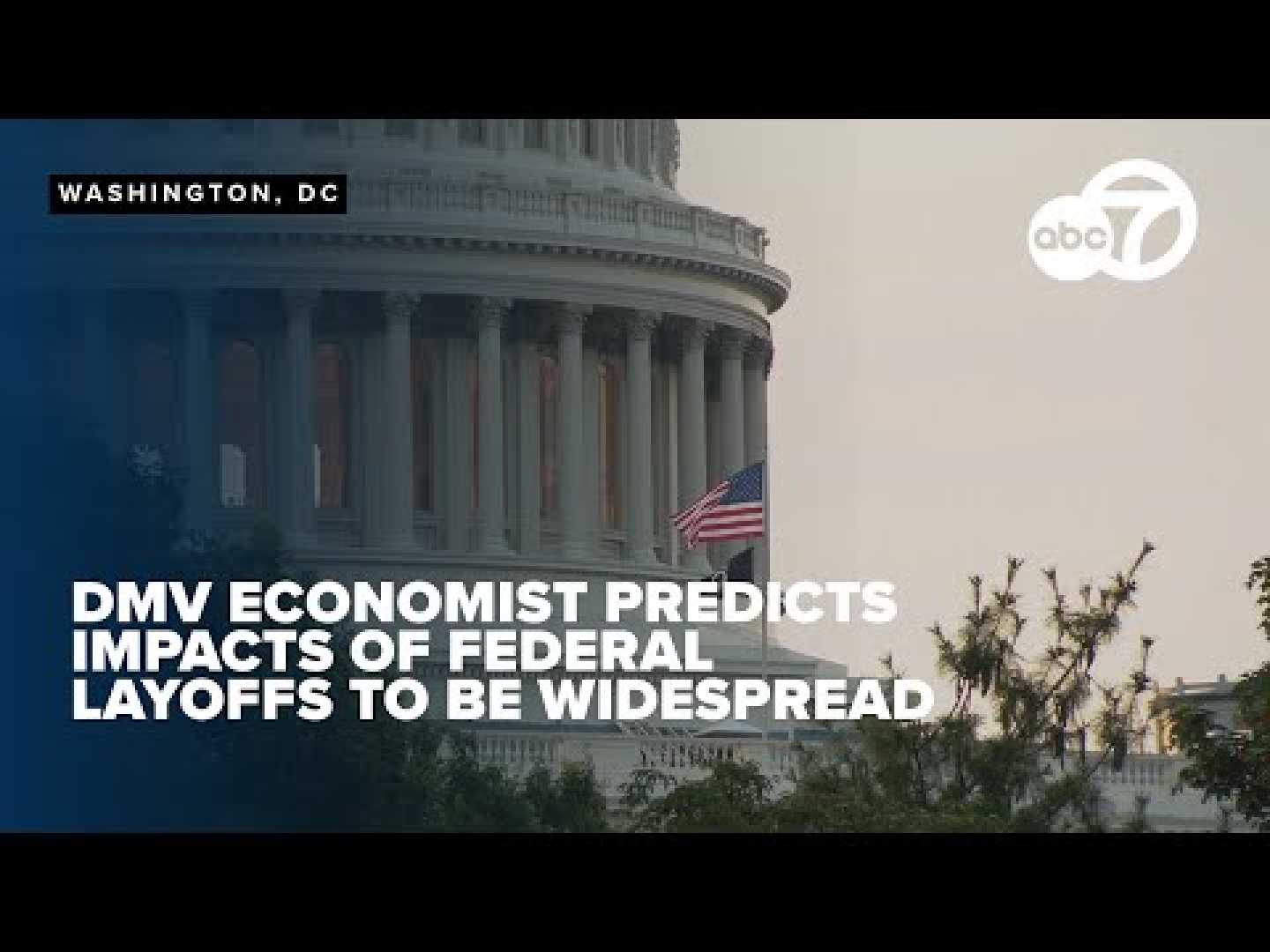Business
Mass Federal Layoffs Under Musk Raise Economic Concerns

WASHINGTON, D.C. — Massive layoffs initiated by Elon Musk‘s Department of Government Efficiency (DOGE) could significantly impact the local economy without triggering a nationwide recession. Some economists estimate up to 300,000 federal jobs could be lost as layoffs primarily affect newer employees in various government agencies.
Stephanie Roth, chief economist at Wolfe Research, noted that while the impending layoffs may constitute a severe blow to many individuals, they are unlikely to destabilize the broader U.S. economy. “It’s not going to tip the economy into recession by itself,” she stated.
Approximately 2% of the U.S. civilian workforce is comprised of federal employees, amounting to about 170 million nationwide. The DOGE layoffs are expected to affect a fraction of this workforce, primarily targeting probationary workers employed for less than two years across the Departments of Energy, Education, Veterans Affairs, and others.
Further complicating matters, source reports predict that the cuts may escalate from an initial estimate of 20,000 job losses to as many as 80,000. Roth emphasized, “There remains considerable uncertainty over just how many federal workers have been laid off and how many more will be let go in the coming days and months.”
Joe Brusuelas, chief economist at RSM, warned of the human cost associated with these layoffs. “These are real people. It’s a real hit. This is not something we should be celebrating,” he said.
The ramifications of these layoffs could ripple through local economies notably concentrated in the D.C. metro area, where federal jobs can account for up to 7% of the local workforce. Economists are concerned that such mass terminations may negatively influence housing markets and local business revenues.
In testimony to these concerns, an employee affected by the cuts, Emma Freerks, expressed her shock at being laid off from her position at the U.S. Geological Survey. “They spent all this money training me, and that’s going to waste. Now I’ll have to go on unemployment, which is still government-funded,” she lamented.
While these layoffs generate anxiety, some economists foresee potential opportunities for displaced workers to transition to the private sector. Brusuelas commented, “Many laid-off government workers could find jobs in the private sector.”
The situation remains dynamic, with local economies in places like Kansas City, Missouri, potentially facing significant job losses. Donna Ginther, director of the Institute for Policy & Social Research, noted that the city, which has about 30,000 federal employees, relies heavily on these high-paying jobs.
Beyond job losses, the cuts could imperil ancillary services and industries dependent on federal expenditure. Marcus Casey from the University of Illinois at Chicago highlighted that massive federal spending reductions could directly impact universities and research institutions profoundly tied to federal projects.
“There can be a domino effect to local businesses,” stated Ernie Tedeschi, former top economist in the Biden White House. He also pointed to a larger economic trend, emphasizing the importance of jobs in sustaining economic stability.
As the DOGE measures unfold, economists worldwide will closely monitor weekly jobless claims and reports for indications of stress in the labor market. These layoffs underscore the precarious balancing act between economic efficiency and the human cost linked to large-scale government restructuring.












